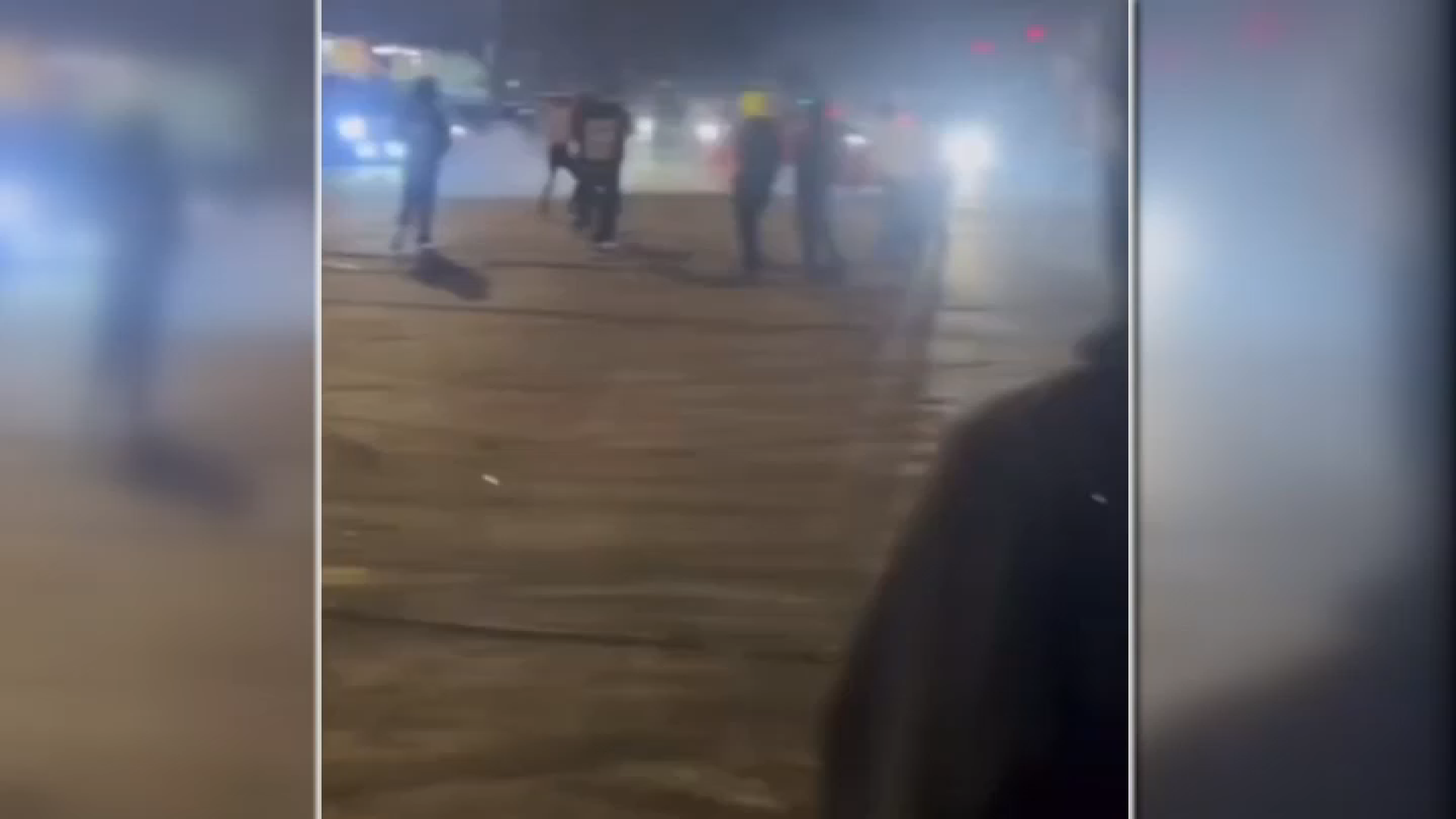Last month's FBI raid at the downtown headquarters of the Department of Water and Power and City Hall East -- which involved a probe into the city's handling of litigation over the botched rollout of a DWP billing system -- also sought information about security issues at the giant utility, according to a report out Saturday.
Federal investigators were looking at cybersecurity and other security issues at the utility over the last 11 years, the Los Angeles Times reported. The story -- which cited newly reviewed portions of a warrant served at DWP headquarters that day -- said the FBI "wanted to know about the DWP's compliance with industry security standards and any destruction or manipulation of compliance records," and that "investigators also sought records about recent international travel by DWP officials and any agreements the utility signed with foreign governments or entities."
The FBI and the DWP both declined to comment on the new report.
The raids were carried out July 22.
"As has been reported, the FBI served search warrants for documents on several city employees at (City Hall East) and DWP offices, including some of our staff members," said Rob Wilcox of the City Attorney's Office. "The warrants served on our staff relate to issues that have arisen over the class-action litigation and settlement surrounding the DWP billing system and the city's lawsuit against (PricewaterhouseCoopers). We have and will continue to cooperate fully with the expectation that the investigation will be completed expeditiously."
FBI authorities declined to comment on specifics of the investigation.
"We are confirming a search warrant at Los Angeles DWP in downtown Los Angeles, but are prohibited from commenting further because affidavits involved in the warrant are sealed," Katherine Gulotta of the FBI in Los Angeles told City News Service.
News
Top news of the day
The botched rollout of the DWP billing system in 2013 led to thousands of customers receiving inaccurate bills, with some being wildly overcharged. The debacle prompted a class-action lawsuit that led to a settlement requiring the DWP to reimburse customers roughly $67 million.
The city and DWP, meanwhile, sued PricewaterhouseCoopers over its handling of the system's rollout.
But PricewaterhouseCoopers earlier this year questioned the city's relationship with an outside attorney it hired to handle the litigation against the company. The firm said the attorney, Paul Paradis, was hired by the city as a legal consultant in its lawsuit against the company, while he was also serving as legal counsel suing the city on behalf of a DWP customer in the class-action lawsuit.
PricewaterhouseCoopers argued in court papers that the arrangement with Paradis was made specifically to secure a more favorable legal outcome for the city and DWP.
While the city denied wrongdoing, it subsequently canceled $30 million in contracts it had awarded Paradis for legal services and efforts to correct the billing system issues.
Paradis and the city both denied any wrongdoing. An attorney for Paradis told the Los Angeles Times earlier this year that Paradis stepped down as special counsel for the city to focus on "cybersecurity work" he was doing for the DWP.
City Attorney Mike Feuer said at the time the city was conducting a review of the situation to see if any ethics rules were violated.
Separately, the FBI has been conducting a corruption probe at City Hall focused on downtown-area real estate developments and foreign investments in the projects, specifically from select Chinese investors.
Federal agents served search warrants in November at City Councilman Jose Huizar's offices and home. Court documents originally obtained by the Los Angeles Times and counterterrorism expert Seamus Hughes suggested the probe is focused on potential crimes including bribes, kickbacks or money laundering. No criminal charges have been filed and no arrests have been made.
Huizar has denied any wrongdoing.



